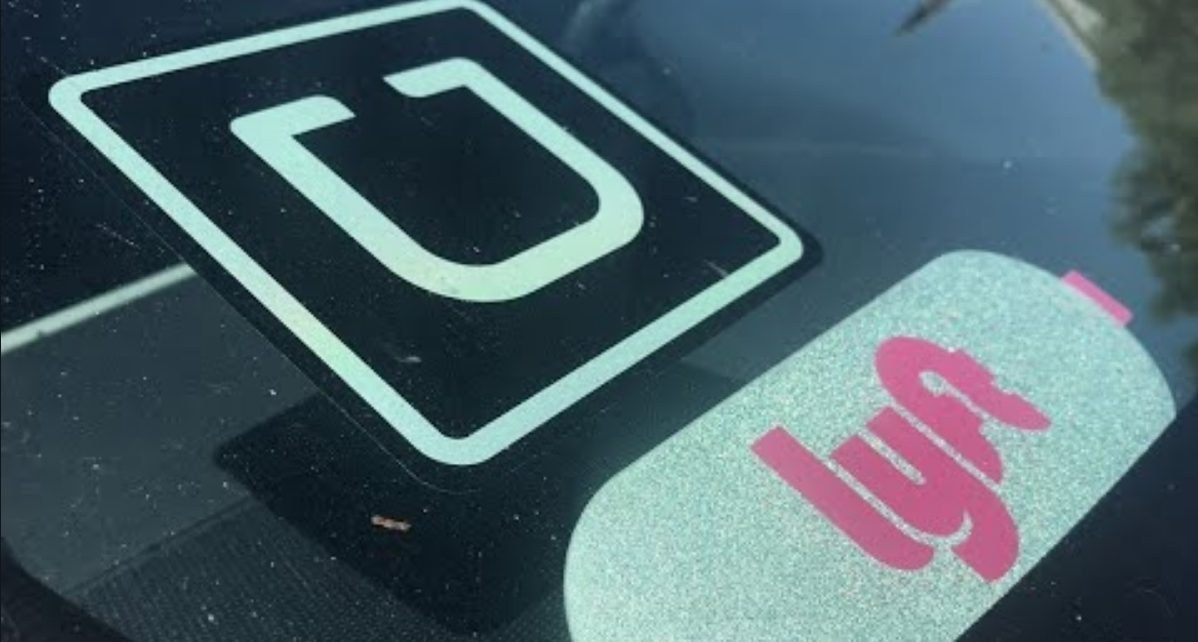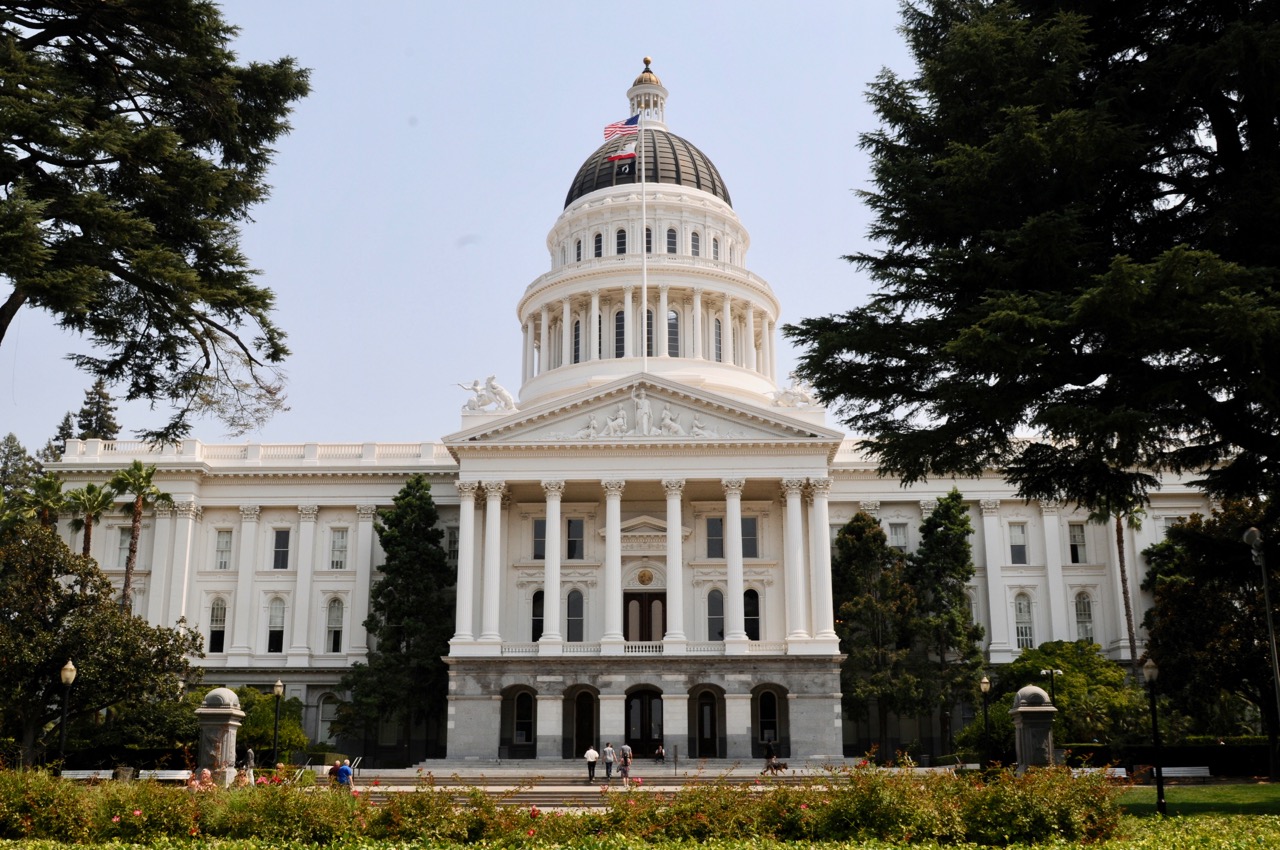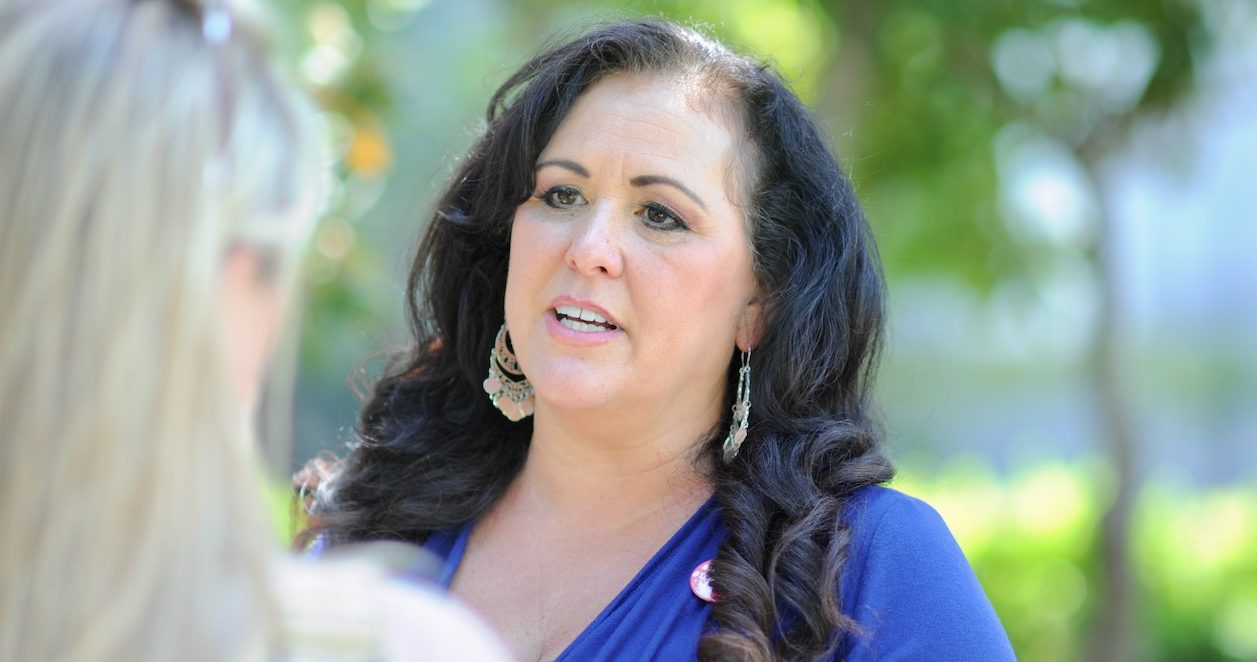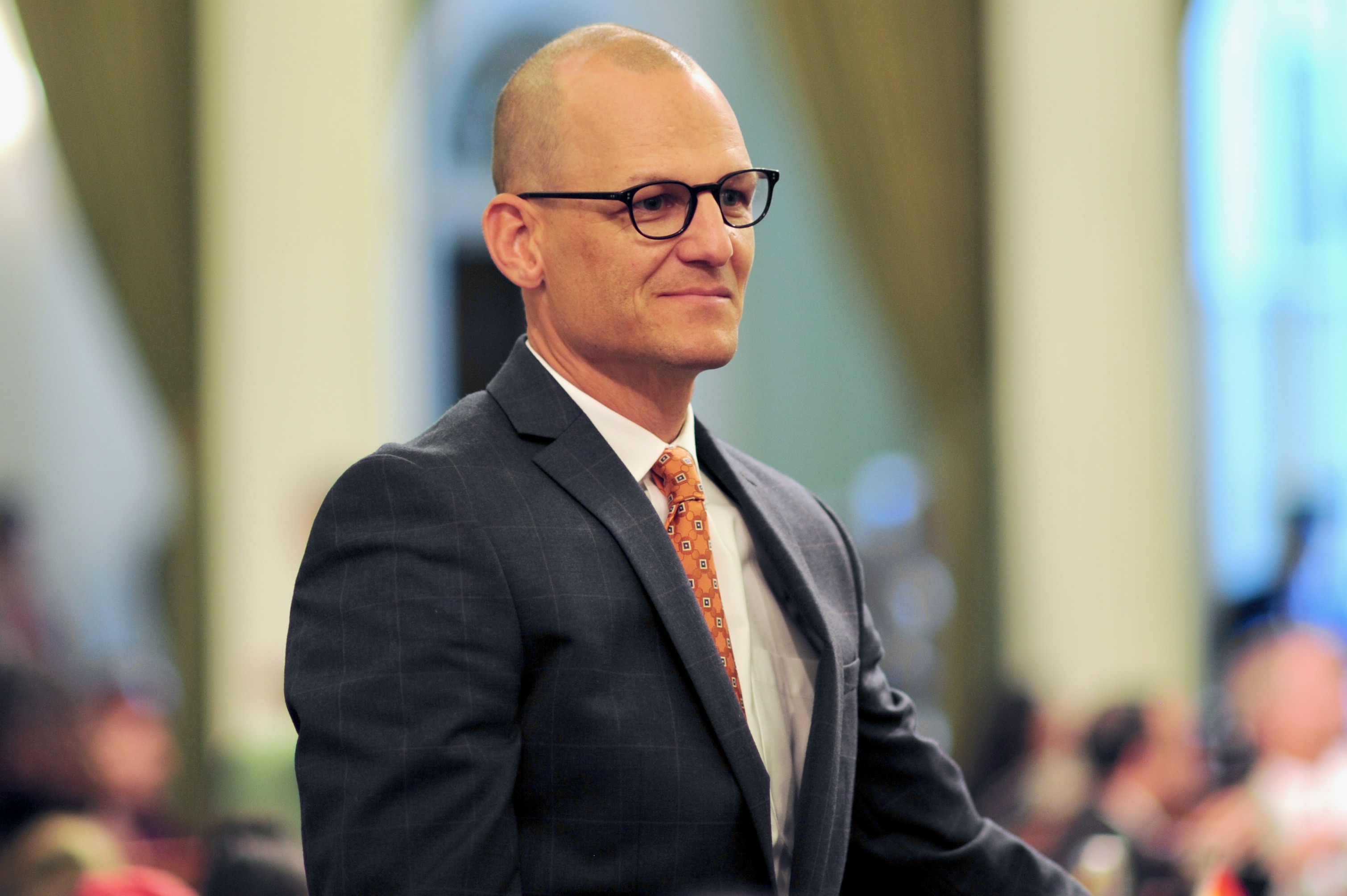
Proposition 22 Passes With 58% of the Vote
Rideshare drivers will not have to become employees, undoing AB 5 law
By Evan Symon, November 4, 2020 2:48 pm
On Tuesday, California voters overwhelmingly passed Proposition 22, which will now exempt all rideshare drivers from being classified as employees.
As of 2 P.M. Wednesday, Proposition 22 has over 58% of the vote with just over 71% of the vote in, a percentage that has been deemed insurmountable and impossible to overcome by political analysts.
Rideshare and delivery companies such as Uber, Lyft, DoorDash, Postmates, and Instacart had spent over $200 million dollars on the campaign to pass Prop 22, with the companies saying that the passage was the only thing that would have kept many of the companies in California due to the heightened costs for both the company and consumer should they have had to classify drivers as employees. In August, the companies had been only days away from halting all California service due to a pending court order.
Opponents said gig workers needed to be employees for the greater protections it offered drivers under AB 5, the contractor reclassification law that was brought into law in California earlier in the year.
While many industries that were wrecked by AB 5 laws were allowed exemptions, the state had fought tooth and nail against the rideshare companies in court, arguing that rideshare drivers were indeed employees under the new law, and not contractors. An Appellate Court agreed with the state last month, finding “real harms” in classifying drivers as contractors instead of employees and threatening to enact the law and make drivers employees by force should Prop 22 not have passed on election day.
Many employee organizations, unions, and those opposing Prop 22 noted their disappointment Tuesday night and Wednesday morning, saying that the rideshare companies had bought their win and mislead voters to get their way.
“We were up against the most expensive campaign in California’s history and we put up a strong fight,” said Cherri Murphy, an Oakland-based Lyft driver and Gig Workers Rising organizer. “Most of us believe that, no matter what we look like or where we live, we should all have an equal say in our democracy. But today, corporations won their greedy measure through dirty tactics and by lying to the people of California. Prop 22 is an illegitimate carve-out for the greedy few who want to rig the rules in their favor, and continue to deny their workers wages, sick leave, workers compensation, and unemployment. “
Gig Workers United also said in a press release that the passing of Prop 22 “is not a victory to celebrate. That is a naked power grab and one more instance of corporations writing their own rules.”
Meanwhile, rideshare companies and supporters of Prop 22 celebrated their victory.
“California has spoken and millions of voters joined their voices with the hundreds of thousands of drivers who want independence plus benefits,” said the Yes on Proposition 22 support organization in a press release on Tuesday. “With nearly 10 million votes counted, Prop 22 is passing with 57% of the vote. With the passage of Prop 22, app-based rideshare and delivery drivers across the state will be able to maintain their independence, plus have access to historic new benefits, like a minimum earnings guarantee and health care. Prop 22 was passed with strong support from Democrats, Republicans, and Independents.
“Prop 22 represents the future of work in an increasingly technologically-driven economy. By a 6-1 margin, drivers in multiple polls said they wanted to remain independent contractors, not employees. Prop 22 will protect drivers’ preference to be independent contractors with the flexibility to work when, where, and how long they want. Prop 22 also provides drivers a new earnings guarantee along with benefits, like health care stipends and insurance for on-the-job injuries. Tonight’s victory clearly indicates this solution was preferred by a majority of drivers, customers, and voters, and a model for preserving the flexibility app-based rideshare and delivery drivers need and want while providing historic new benefits the rest of the country should follow.”
Why Proposition 22 succeeded in California
While many analysts had initially predicted that the Proposition was doomed to failure due to the strong union support behind the measure, growing public outcry against AB 5 had turned many voters, including many independents and Democrats, away from supporting Prop 22.
“Money on advertising is a big part of it, I won’t deny that that $200 million didn’t change anything. But those who were fighting against Prop 22 failed to note just how many people are against AB 5 as a whole,” Leah White, a research assistant who had helped track Prop 22’s progress this year, explained to the Globe. ” There’s a lot of freelancers and contractors who have been financially hurt and even ruined by the law, with many Californians seeing the negative effects.
“People also sympathized with aspects such as making your own hours to be with your kids. The people against the Proposition tried to point out parts about employee benefits, but the pro people just threw it right back at them, saying that voting yes would give them benefits too.”
Today, CA voters stood with hundreds of thousands of app-based drivers and passed #YesonProp22 to ensure they could maintain their independence and have access to historic new benefits, like a minimum earnings guarantee and health care. Thank you! https://t.co/pyC3vk17cR
— Yes On Proposition 22 (@VoteYesOn22) November 4, 2020
“And finally there were small business owners, many of whom not only disliked AB 5, but saw it as a force that would destroy their businesses. I spent a lot of September calling up small business owners about AB 5, and they were overwhelmingly against it. It’s strange, the no on Prop 22 kept putting out ads that cited statistics and kept telling people about benefits, but the yes ads aimed right at the heart and showed what the effects would be. People can’t relate to statistics the way they can to drivers saying how AB 5 would ruin their lives.
“And it wasn’t even emotional manipulation. They were just genuine stories from people. That’s what hit home for people. The majority of Californians already disliked AB 5. All the yes people had to do was show them what the consequences were for these drivers. Their ads stuck out for that reason this year, despite them being played seemingly the most. I mean, they even convinced many Democrats. Convinced Democrats in California to vote for a bill that unions and major party players like the AB writer [Assemblywoman Lorena Gonzalez (D-San Diego)] said not to. It just shows you how much AB 5 had hurt people.”
The effects are also being felt outside of California on Wednesday, with similar employee classification bills and proposals in New Jersey, Massachusetts, New York, and Illinois now facing longer odds of being passed.
“Tuesday’s decision in California, I don’t know if we can recover,” Richard Russell, a rideshare driver organizer in St. Louis, said in an interview with the Globe. “Our two main supporters backed out this morning, citing California. They explained to me that if the left coast doesn’t even want this, what are the odds Missourians will pass it? And we’re not even passing a huge law covering many professions. We’re just aiming at drivers.
“I don’t think we’ll recover from this.”
With rideshare drivers now excluded from AB 5, and more sectors now looking into being detached from the AB 5 law, Proposition 22 is widely being viewed as a major precedent for industries looking at retaining contractors rather than employees.
Final results on the Proposition 22 vote are expected this week as votes continue to be counted in California.
- San Diego Country Supervisor Jim Desmond Calls San Diego New Epicenter Of Illegal Crossings By Migrants - April 27, 2024
- Oracle Moving Headquarters Out Of Austin Only 4 Years After Moving Out Of California - April 26, 2024
- Congressman Adam Schiff Robbed of his Luggage in San Francisco Car Break In - April 26, 2024





4 thoughts on “Proposition 22 Passes With 58% of the Vote”